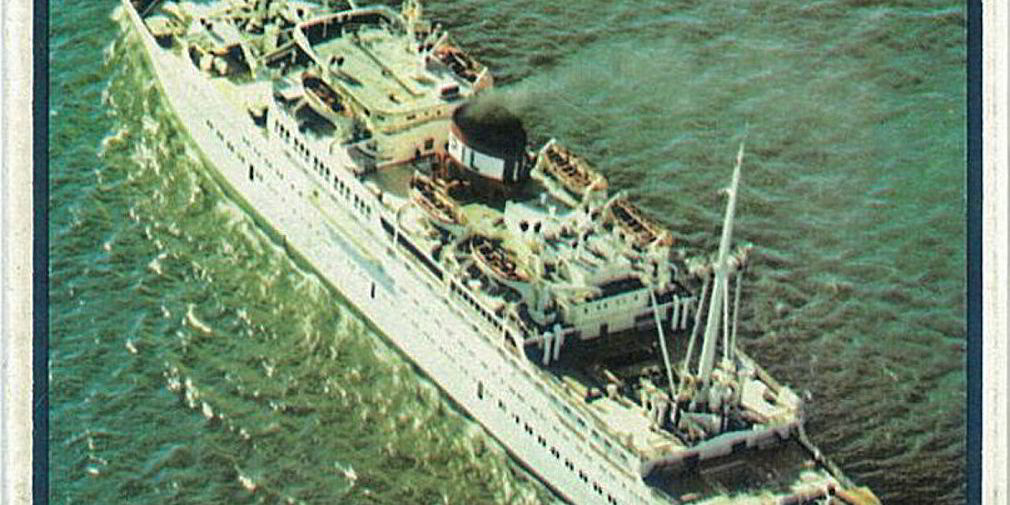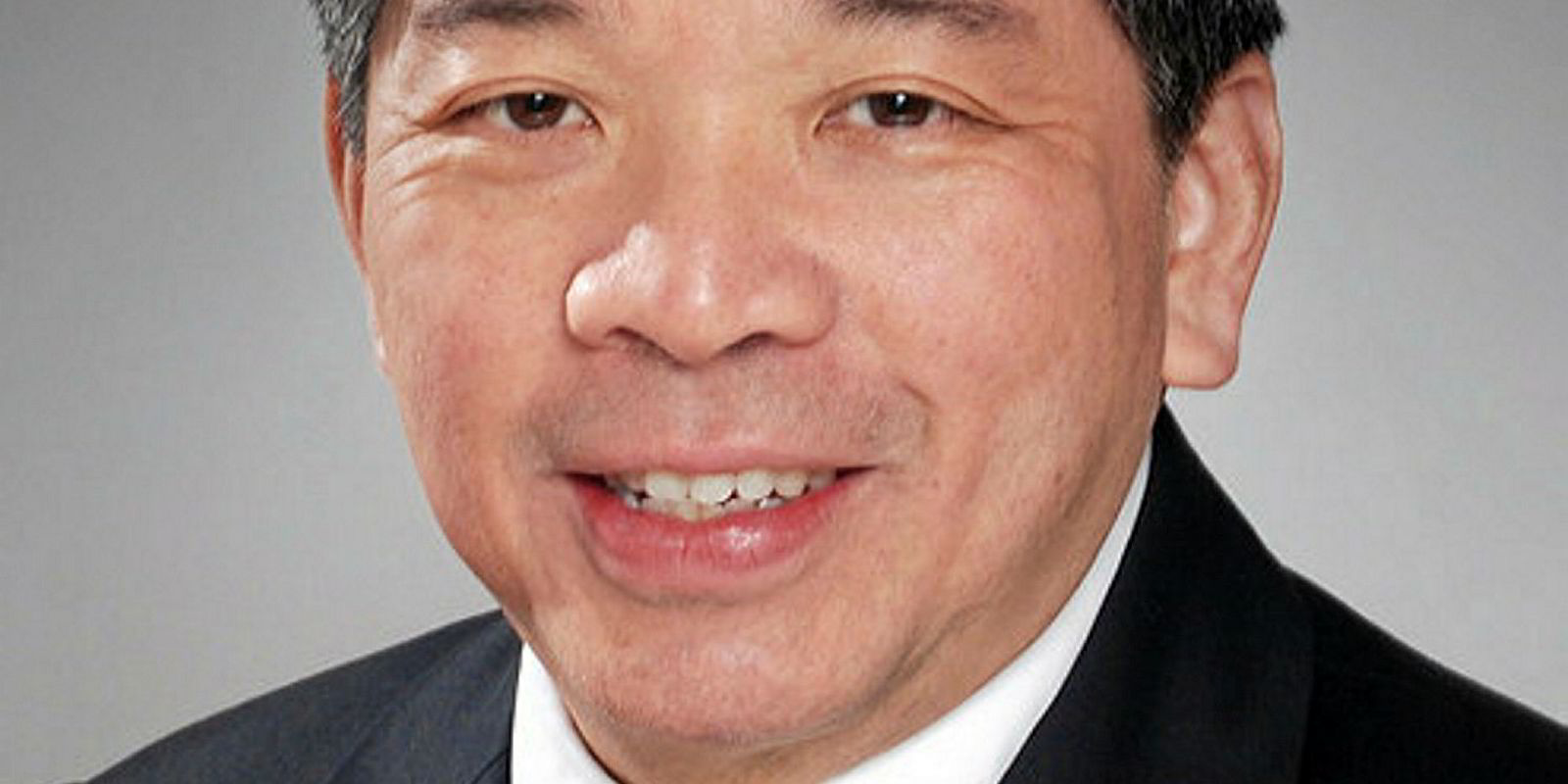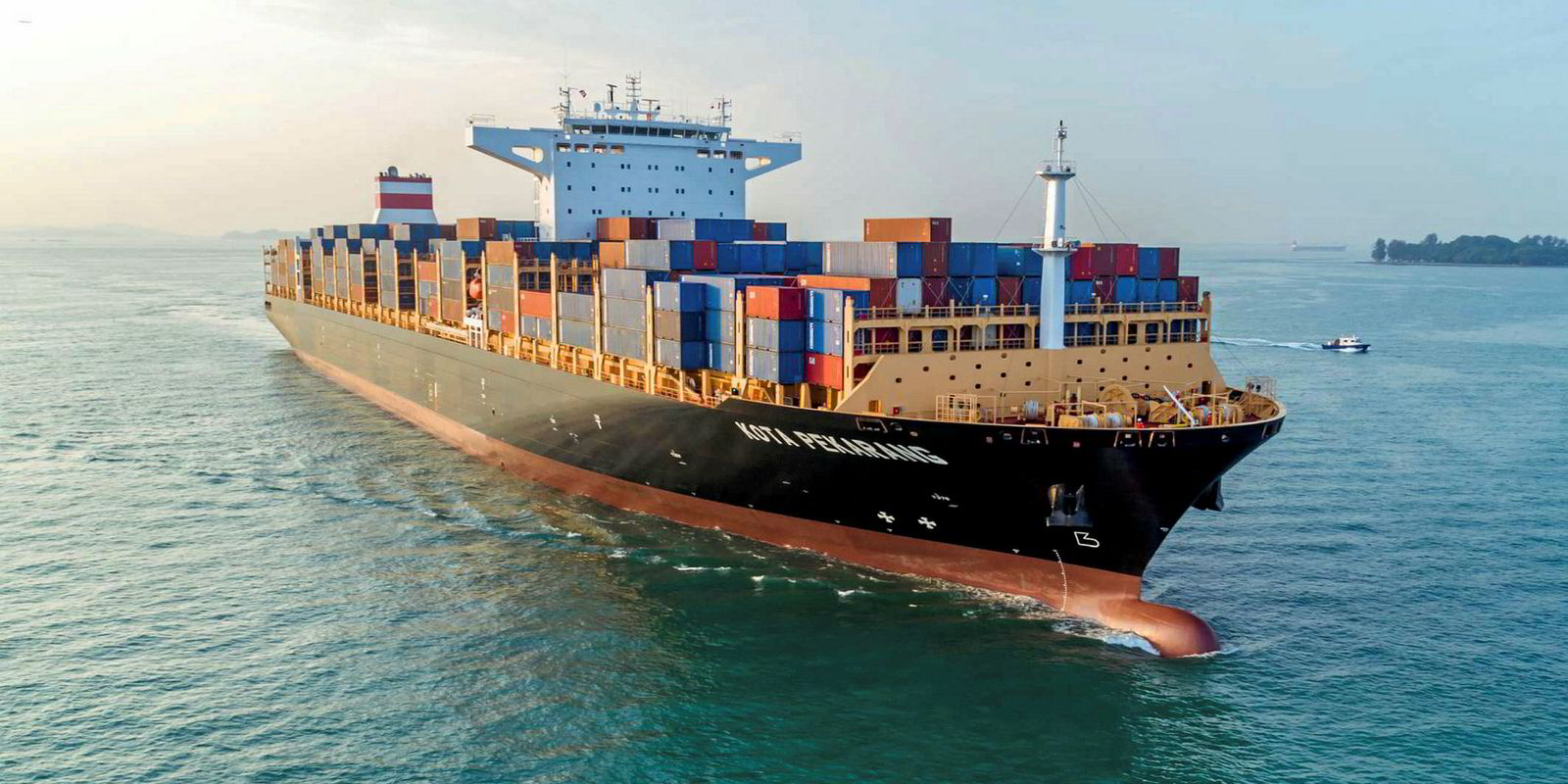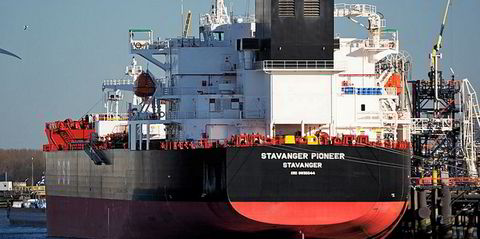Pacific International Lines (PIL) has always made the liner trades its core business since it acquired two secondhand general cargoships at its inception in 1967.
It jumped feet-first into the boxship business when it acquired its first such vessel in 1981, and has made this type its core business ever since.
This focus on the liner sector has not prevented it from dabbling in other trades during its history. Throughout the 1970s and into the early 1980s, PIL operated a fleet of passengerships and cruiseships that linked Singapore with China and Australia. It has even owned and operated livestock carriers at various times.
The company never exited the general cargoship segment, although the sector has largely been kept on the backburner. Today, it operates a dozen 25,000-dwt multipurpose, heavylift general cargoships that were built in China between 2011 and 2014.
These vessels are deployed on a semi-liner service linking Asia with Africa, mostly carrying project cargoes for various infrastructure projects taking place on the African continent.
PIL chairman and managing director Teo Siong Seng does not mince his words when he describes this trade as having been very bad over the past few years, but he is optimistic about its future.
“Between 2015 and 2016, China’s investment in Africa dropped by 40%," he says.“Things are coming back because of China’s One Belt One Road initiative, which is creating more investment. Rising oil and commodity prices are also causing things to pick up in the Middle East.”
Cosco is PIL’s main competitor on the Asia to Africa general cargo and project trade, along with other players with smaller-size ships.
“The whole multipurpose scene has had big changes recently, and we are all excited,” he says.
On the dry bulk side, PIL has a small fleet with two 179,000-dwt bulkers built in 2011 and five 56,600-dwt bulkers constructed in 2012 and 2013.
Bulk is a non-core business that Teo says was inherited from the days of the company’s involvement with Pacific Shipping Trust, a shortlived venture into the public finance markets. The vessels were all acquired on the backs of long-term charters with Chinese and South Korean interests.
Teo describes the ships as being on fairly good long-term contracts but does not indicate any wish to invest any further in the dry bulk sector.
In addition to its shipping operations, PIL owns Singamas, a large container manufacturing and leasing company. In recent years, it has been investing in terminal and logistics facilities in China, Africa and South America.
Last August, it revealed it would be branching into the digital realm by teaming up with PSA International and IBM to explore the potential of blockchain technology.
The three companies will explore and trial proof of concept of the digitised trade system.
The three parties said they aim to achieve better security, efficiency and transparency in regional supply chain networks, as well as connect to trade finance solutions that can facilitate faster approval and fraud prevention.






